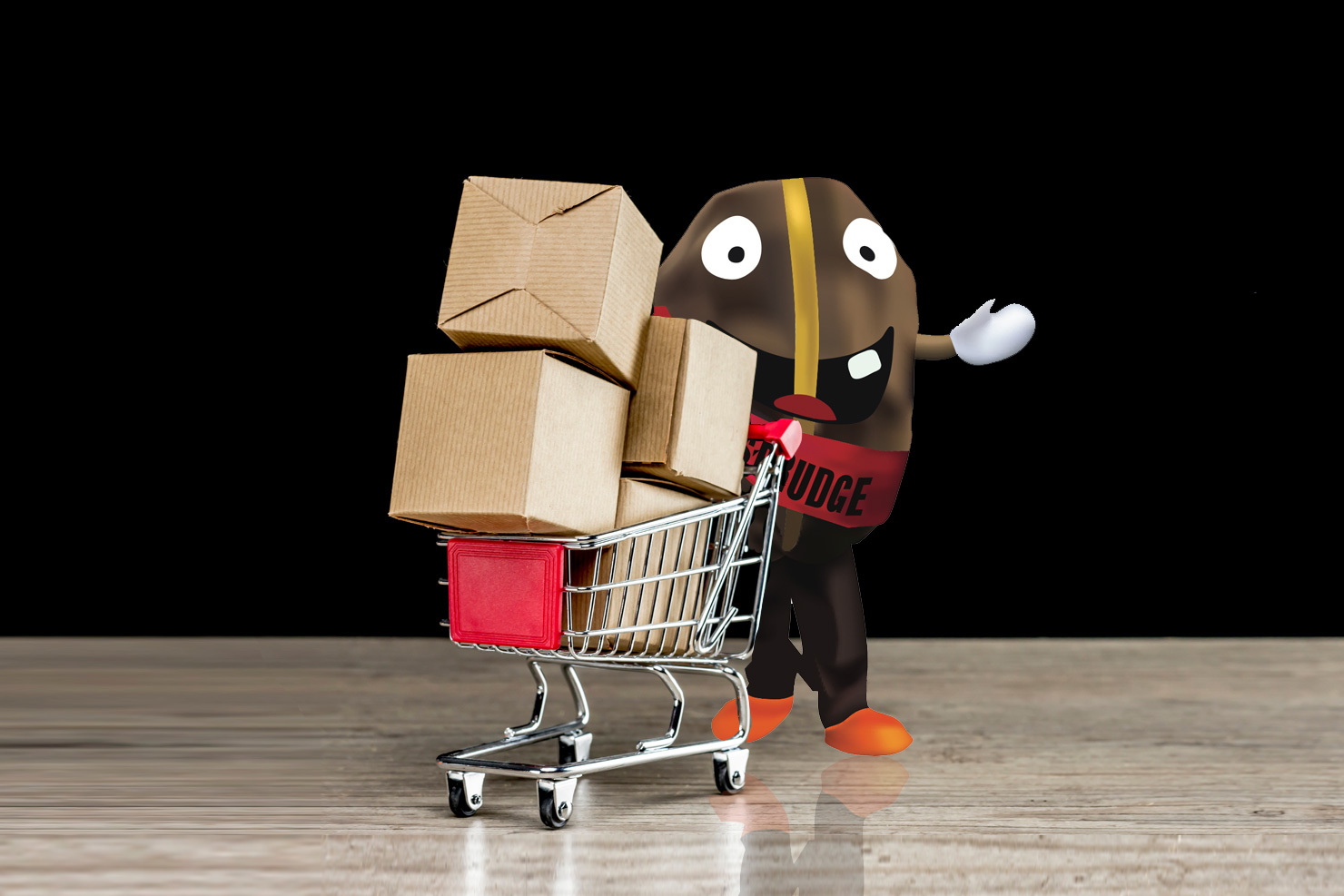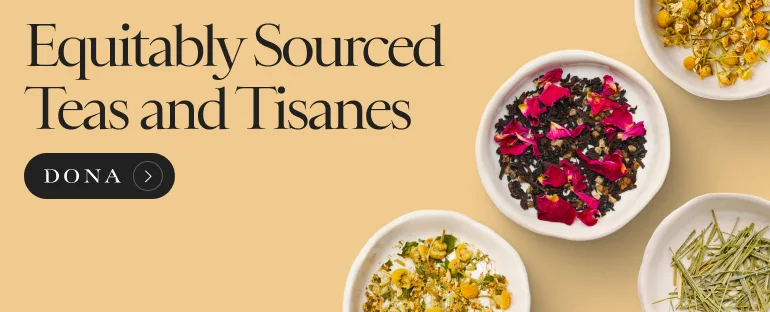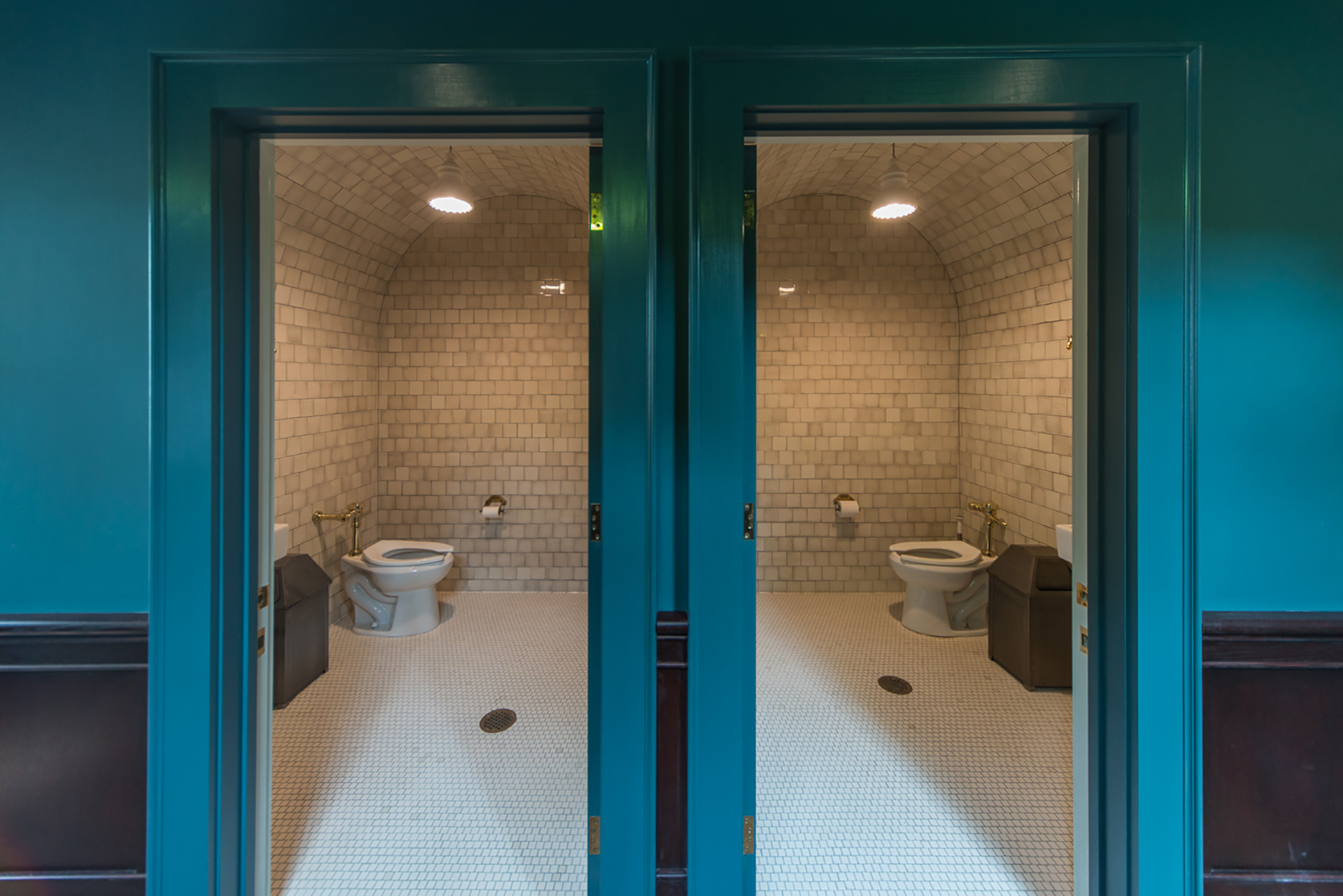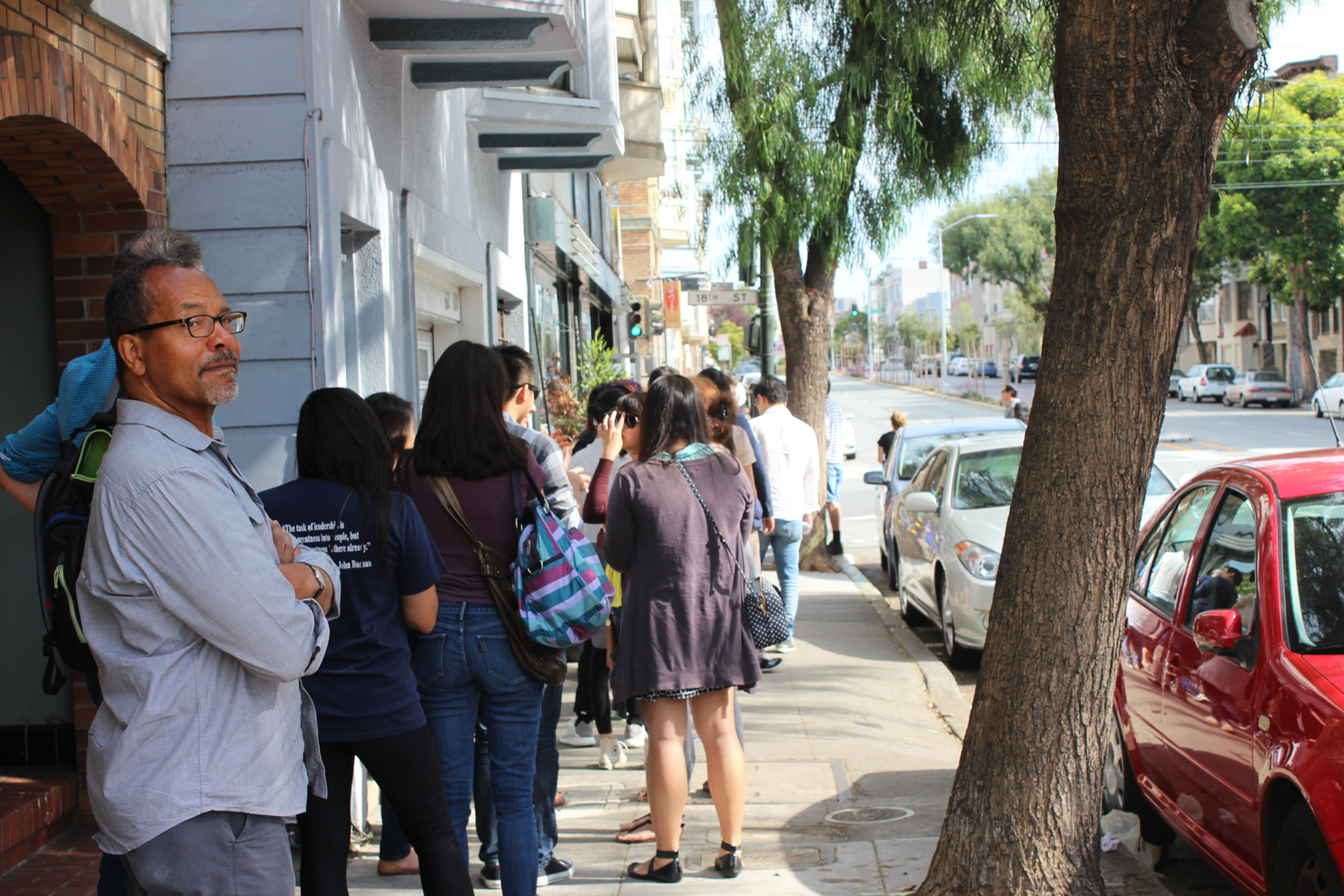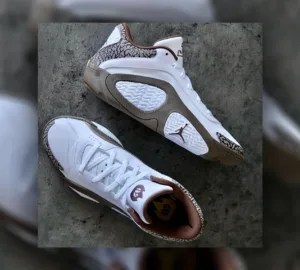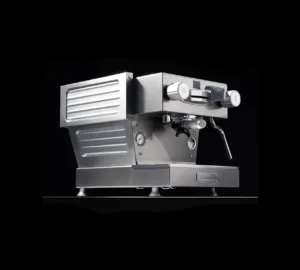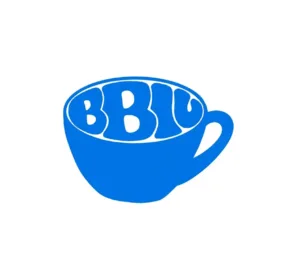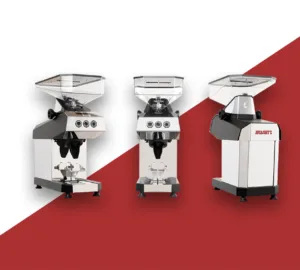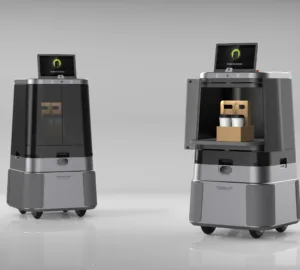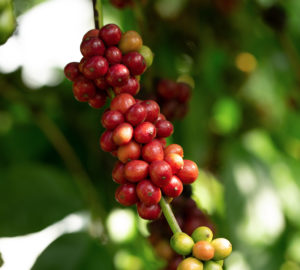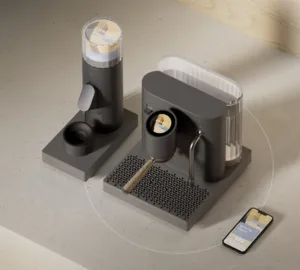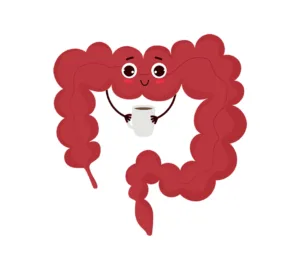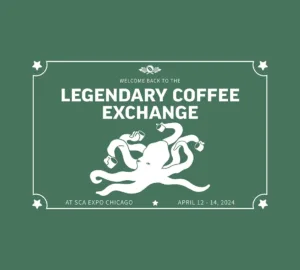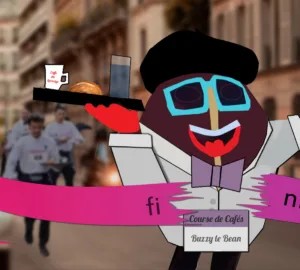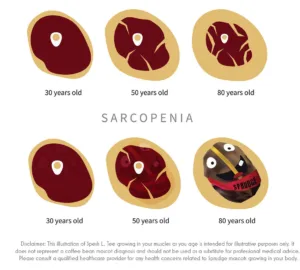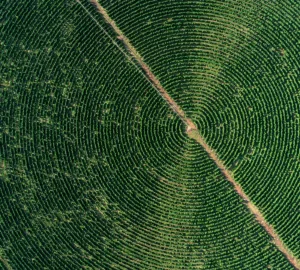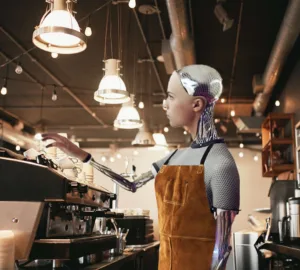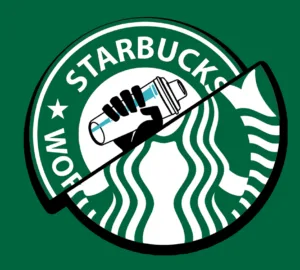Coffee’s effect on my budgeting abilities is… not great. I don’t know exactly how much I spend on coffee and/or coffeemaking accessories because I’m frankly too scared to know the truth. Having a vague notion that I spend a lot is enough for me, I don’t need the concrete figures as confirmation (because then I might have to change my behavior and I don’t wanna).
But it turns out excessive spending to keep caffeinated isn’t the only way coffee can drain your wallet. A new study finds that drinking coffee before shopping can lead to more spending.
Per Study Finds, the study is the work of researchers from the University of South Florida. For the paper, published recently in the Journal of Marketing, USF researchers set up an espresso machine in front of a retail and home good store in France as well as a department store in Spain (which frankly makes this whole experiment sound like an excuse for a European vacation on the university dime). Before entering one of the stores, a customer would be given an empty cup, which they could then have filled with caffeinated coffee, decaf, or water; roughly half of the over 300 shoppers chose caffeinated coffee. They would then go about the rest of their shopping excursion, and when they were done, the customers would share their shopping receipts with the researchers.
They found that those who chose the caffeinated coffee “purchased a significantly higher number of items and spent more money,” spending around 50% on average than their non-caffeinated counterparts and buying 30% more items.
And according to the study, the additional purchases made by the caffeinated group were non-essential. When comparing the sorts of things both groups bought, there wasn’t much distinction in the number of “utilitarian” purchases, things like kitchen utensils and storage baskets. But when it came to non-essential items—candles and fragrances, etc, per the study—those who consumed caffeine first were much more likely to make the impulse buy. This was backed up a second online shopping study by the researchers, where caffeinated business school students routinely chose “more impulsive items (like a massager)” from a list of options than the non-caffeinated cohort, who chose more practical things, like notebooks.
According to Dipayan Biswas, a marketing professor at USF and the study’s lead author, the reason for the increase in spending could be due to how caffeine interacts with the brain.
Caffeine, as a powerful stimulant, releases dopamine in the brain, which excites the mind and the body. This leads to a higher energetic state, which in turn enhances impulsivity and decreases self-control… As a result, caffeine intake leads to shopping impulsivity in terms of higher number of items purchased and greater spending.
So if you’re looking to make a quick trip to the grocery store or Target or wherever and you just need to get the essentials, as much as it pains me to say, maybe wait until you have left the store to start sipping.
Zac Cadwalader is the managing editor at Sprudge Media Network and a staff writer based in Dallas. Read more Zac Cadwalader on Sprudge.











